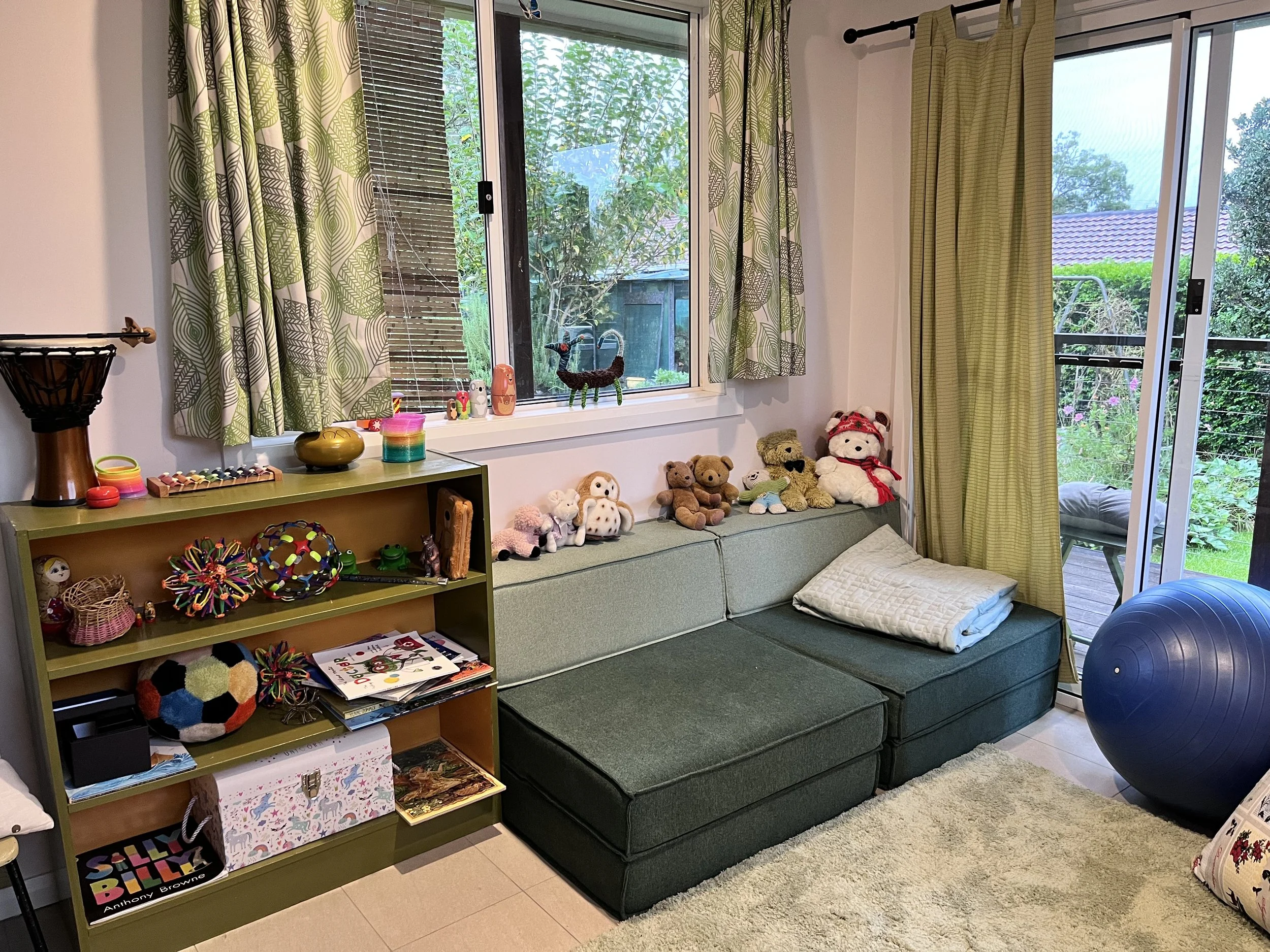Parent Counselling
If your child is having sessions with Pip, we will be in regular communication, and support is offered as part of the child’s therapy. However for some parents it will be advantageous to have your own separate sessions
Separate sessions can be in the form of phone calls, zoom meetings, or in person at the Heart’s Light studio.
Supporting parents to understand children’s behaviours through a trauma-informed and attachment-focused lens, can be a game changer for families.
Note: If I am seeing your child and you also wish to book separate art therapy or counselling sessions for yourself, it is important that the boundaries of confidentiality in therapy are kept very clear and are carefully observed, so that nothing arising in any session is shared across the family, without specific consent. It is essential that children have control over what is shared from their sessions, other than in cases of disclosure that they or someone else is are at risk of harm. Many families choose to have separate therapists for the child and the adult, or for the adult to start sessions only once the child has finished.
As another way for both of you to work with Pip, you could consider the option of joint Parent Child Art Therapy sessions. These provide the opportunity to share time and creativity, and to strengthen attachment bonds with your child.
If we proceed with individual parent counselling we will draw from some of the established and highly regarded parenting programs such as Circle of Security and The Parent Trail, and use a variety of expressive and creative ways to look at what is going well in your family. and what you would like to change. Almost all parents find that an understanding of attachment theory, and the different attachment styles or adaptations that we develop in early life is very helpful.
Put very simply, the different adaptations that babies and children make in response to the parent or carer’s capacity to attune with their infant and meet their needs, are categorised as either a secure or insecure attachment style. These ways of relating to our caregivers as infants, tend to set a pattern and can come forward with us through childhood and into adult life, subconsciously influencing the way we relate to partners and others close to us.
It is also most helpful to know that these styles are not fixed or set in stone for life, and very important to know and accept that almost all parents are doing their best, or did their best, within their circumstances. Guilt, shame or blame are not helpful here, even when there is much to be healed from the past.
With awareness, the right therapeutic support, knowledge and intention, it is my belief that everyone can move towards creating secure attachment with their own children, partners, and other relationships, no matter what adaptations we may have had to make to survive our early experiences.

